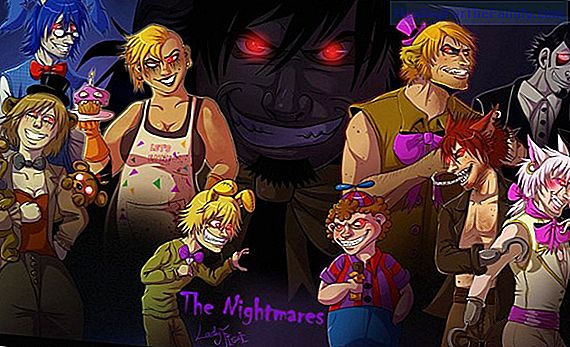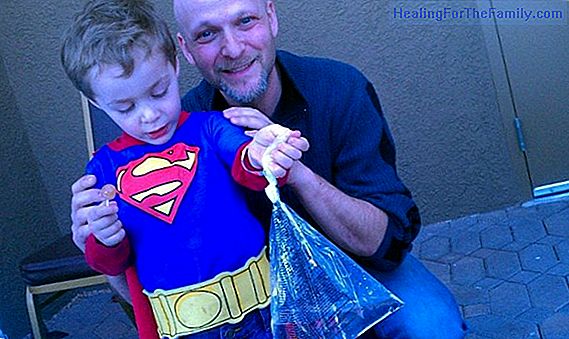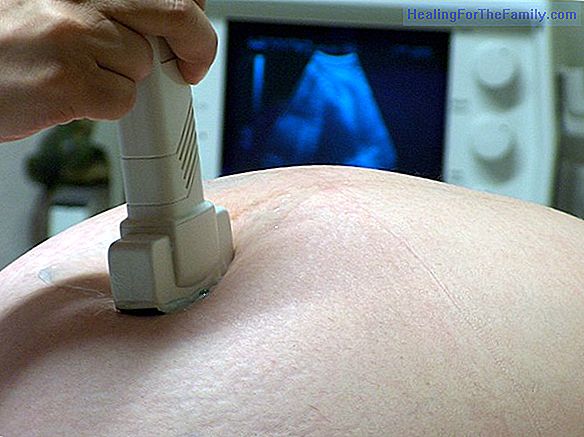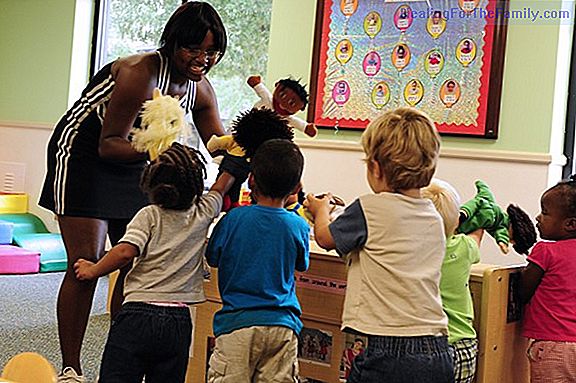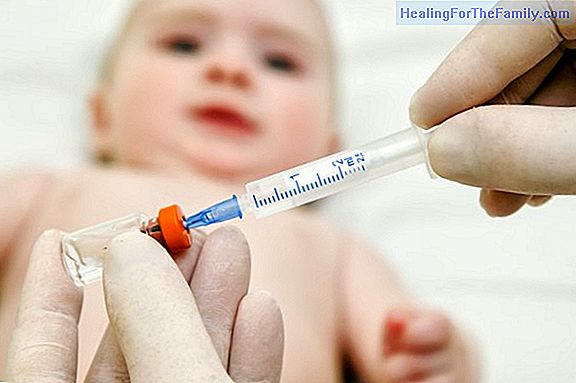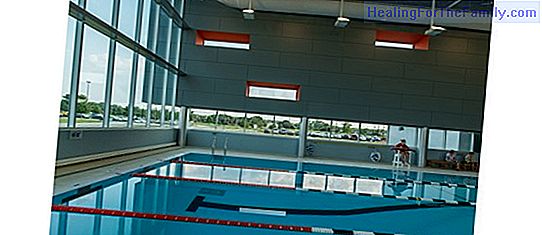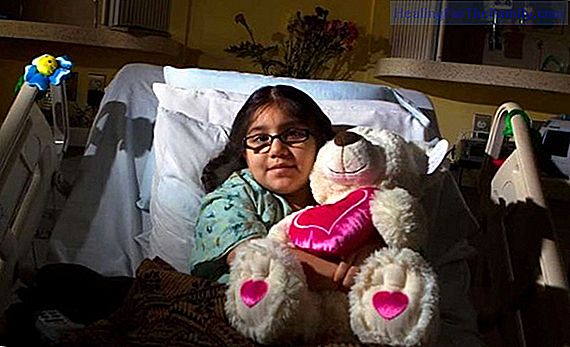Infant caries, are they contagious?
Caries is the destructive process of the tooth caused by bacteria. It is an infectious disease. If the tooth is destroyed by another cause it is no longer called caries (there are other destructive processes such as chemical erosions, physical wear or fractures). In addition, caries is contagious, i
Caries is the destructive process of the tooth caused by bacteria. It is an infectious disease. If the tooth is destroyed by another cause it is no longer called caries (there are other destructive processes such as chemical erosions, physical wear or fractures). In addition, caries is contagious, it can be passed from one person to the other, in different ways. The spread of caries in childrenCaries-initiating bacteria (Streptococcus mutans)
live in tooth enamel
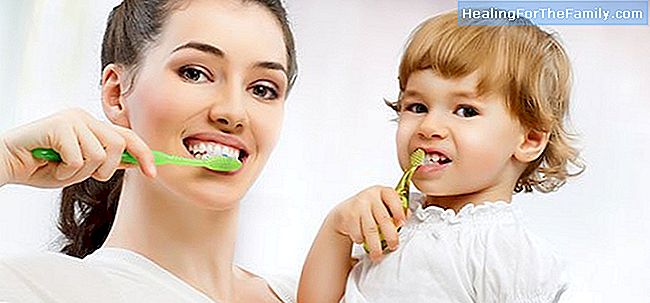
. When there are no erupted teeth, these germs are not in the mouth, and we are not born with them because they have no where to adhere and do not survive until they find where.This means that at the moment of eruption, a tooth can be contaminated by them. They live in the mouths of others.It is a bacterium that we all have, but in people with caries
, with open cavities, with holes in these bacteria have made their home, there are many more germs.Cavities occur more frequently in children whose mother or primary caregiver has or has had at least one active caries (not impacted) over the past year. It is demonstrated by genetic studies that of the child's streptococci, 60% come from the mother, the remaining 40% are from the father, grandparents, caregivers and siblings and playmates.The newly erupted teeth are the weakest and those that are affected before, because they are not yet completely mineralized, and if at that delicate moment they attach germs, and they are not removed with brushing, they will cause cavities more often .
How caries is spread
Bacteria
are transmitted by direct physical contact
: - By blowing the soup on the spoon.- By kissing the baby in the mouth. That does not mean that you do not have to kiss. Kisses are the food of the soul, we have to kiss our children ... but with a clean mouth.
- When cleaning teats with our own saliva. Cleaning bottle nipples and pacifiers is a controversial measure: Swedish studies emphasize that it is a way to immunize children and prevent allergies. But Swedish life habits are very different, and they go to the dentist much more frequently and take better account of hygienic measures and the use of fluoride to prevent cavities. Swedish adults have far fewer caries than Spaniards.
In any case we know that
caries is an infectious disease
, but it is multifactorial, that is, muchas many other variables intervene in its onset and development , and microbes are just one more. The bacteria are transmitted, they are contagious, but the rest of the factors are related to the way of life (hygiene and eating habits), with health conditions (certain diseases predispose more to decay, either by themselves or as secondary effect of the medication to treat them) or with individual predisposing factors (enamel formation in intrauterine life, dental anatomy more or less retentive).Prevent its appearance is possible . The annual dental check-up to the parents is an effective measure to know the level of caries risk of their children.


